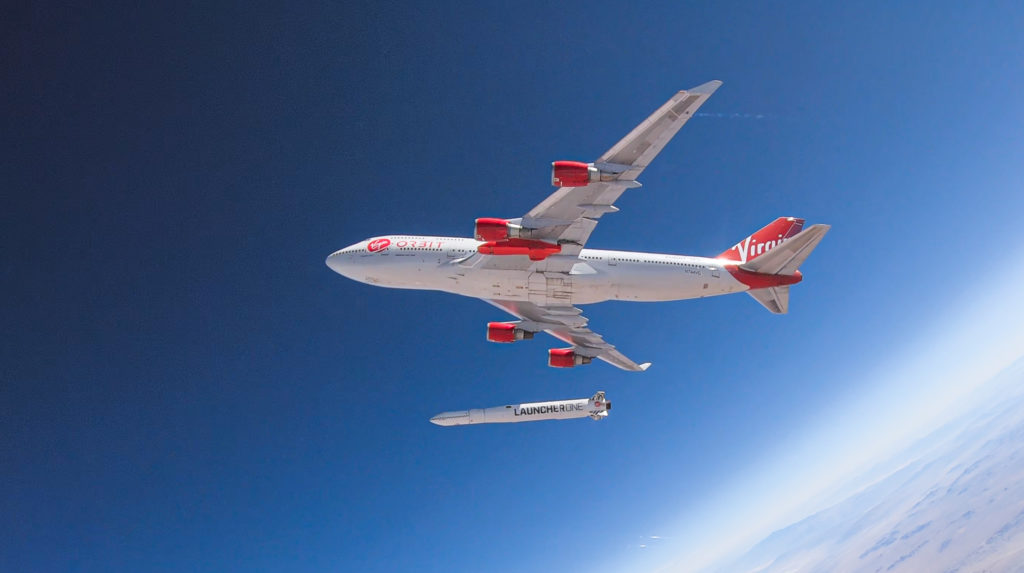Virgin Orbit has big plans to send small spacecraft to Mars, as soon as 2022. The company — an offshoot of Richard Branson’s space tourism company Virgin Galactic — announced today that it is partnering with nearly a dozen Polish universities and a Polish satellite maker called SatRevolution to design up to three robotic missions to the Red Planet over the next decade.
If successful, these missions could be the first purely commercial trips to Mars. Up until now, only four organizations have ever successfully made it to the Red Planet, and all of them have been government-led space organizations. Commercial companies like SpaceX have vowed to send spacecraft to Earth’s neighbor, but so far, Mars has been the sole domain of nation-states. “It’s still a pretty small club, and none of them have been something quite like this where it’s a consortium of companies and universities,” Will Pomerantz, the vice president of special projects at Virgin Orbit, tells The Verge. Plus, all of these space agency vehicles have typically been large — comparable to the size of buses and cars.
But the Virgin Orbit team was inspired to take on this endeavor thanks to NASA’s recent InSight mission, which sent a lander to Mars in November of 2018. When the InSight lander launched, two small standardized spacecraft the size of cereal boxes — known as CubeSats — launched along with it, and traveled all the way to Mars trailing behind the vehicle. It marked the first time that CubeSats, or any small spacecraft of that size, had journeyed beyond the orbit of Earth and out into deep space. The pair of satellites performed exactly as intended, relaying signals from InSight back to Earth, proving that small satellites could be valuable on deep space missions for very low costs.


